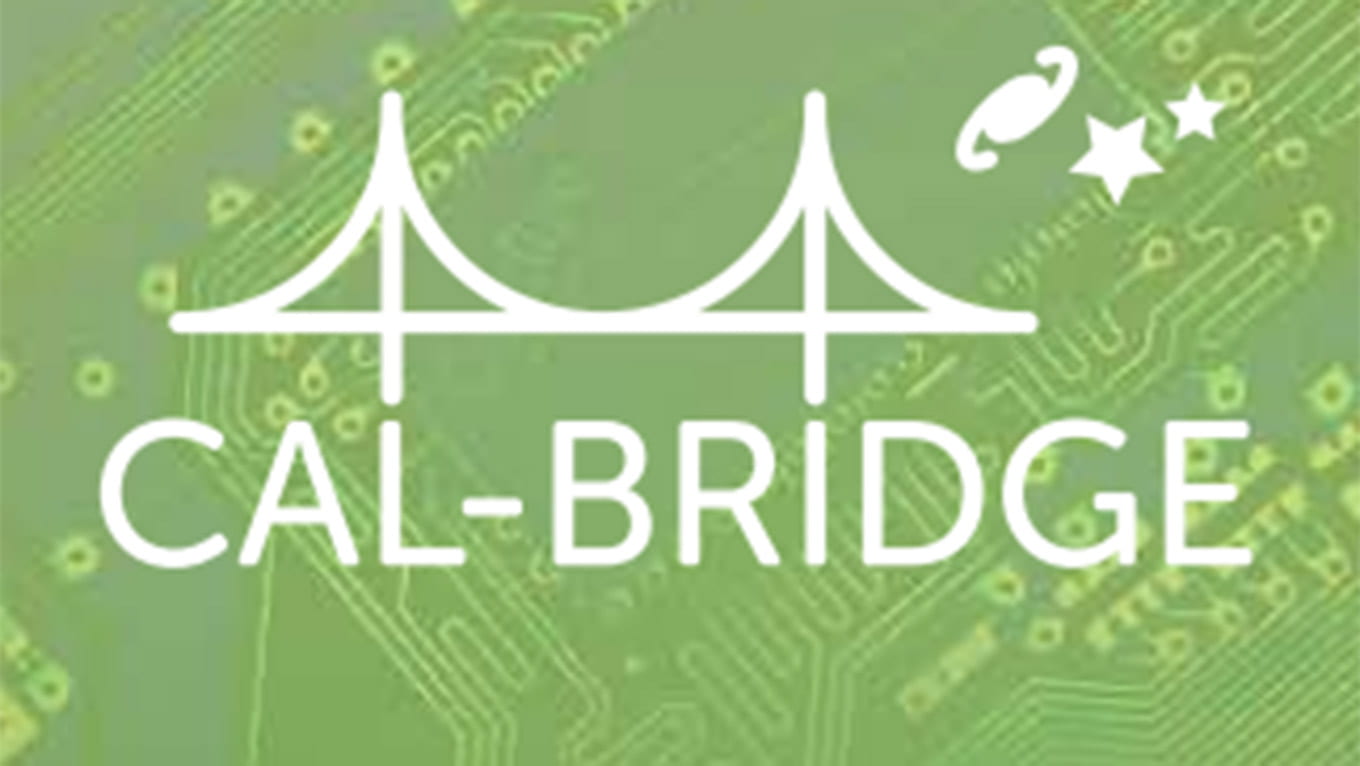Cal-Bridge is extending its mentorship program to computation-focused students. The program connects promising California State University (CSU) students with mentors at CSU and University of California (UC) campuses.
UC Santa Cruz Baskin School of Engineering Associate Dean Matthew Guthaus co-directs the Cal-Bridge CS program with Mohammed Husain, Professor of CS at Cal-Poly Pomona, along with the guidance of the Cal-Bridge Director Alexander Rudolph, Professor of Physics and Astronomy at Cal-Poly Pomona.
“Cal-Bridge CS will open opportunities that many historically underrepresented students didn’t know exist,” Guthaus said. “We hope to take down some of the barriers and show students that a Computer Science and Engineering Ph.D program may be well within their reach.”
Cal-Bridge provides a pair of mentors for CSU students: one at the student’s home campus and a second at a research-intensive University of California campus.
The program also offers need-based scholarships during the students’ junior, senior, and first year of grad school (if at a UC). It works to provide them with summer research support through the NSF-funded Research Experiences for Undergraduates (REU) partnerships, and arranges workshops on important topics such as applying to graduate school and professional development.
Having mentors at both campuses allows students to understand the similarities and differences between both schools. For some students it might be their only opportunity to find a mentor or someone to write a letter recommendation. Impaction—when a program reaches or surpasses its expected enrollment (common at state schools, particular in popular programs like computer science)—has made forging relationships with professors during office hours more difficult. Even motivated students can have trouble making the connections they need to get into graduate school, let alone finding a mentor organically.
“The goal here is to break down the wall and show students that faculty are real people while also giving them advice,” Guthaus said. “Frequent check ins with mentors are meant to offer professional advice and help with personal challenges.”
California State University campuses have historically been teaching-focused. Students have fewer opportunities to connect with professors doing research in their fields than students at UC campuses. This leaves them at a disadvantage when applying to doctoral programs. Mentorship can make a big difference.
There are plenty of misconceptions surrounding Ph.D programs. Many students are surprised to learn that most STEM Ph.D. programs pay for tuition and provide a stipend. They may not realize what research involves or how to go about solving research problems.
During its first six years of operation, Cal-Bridge focused on physics and astronomy with 7 cohorts and 129 scholars. 87 percent of the participants have enrolled in graduate programs. Of these students, 66 percent are first generation college students, 64 percent are underrepresented minorities, 46 percent identify as women, and 24 percent identify as underrepresented minority women.
Computer Science has a serious representation gap: in 2018, the U.S. Department of Education found that only about 20 percent of CS graduates were women and 18 percent were underrepresented minorities (NCES IPEDS Completions Data). The hope is that Cal-Bridge will offer opportunities for CSU computer science students as it has done with physics and astronomy.
Applications from CSU students are due Sept. 25.
For information on applying to the computer science and engineering program, please see: https://www.cpp.edu/calbridge/prospective-scholars/computer-science-and-engineering.shtml
– SHARE THIS STORY –
You May Also Be Interested In
-

2025 Dean’s Awards highlight outstanding Baskin Engineering undergraduate research in AI, cybersecurity, biomedicine, and more
-

Baskin Engineering students sweep SC Launchpad 2025 awards in technology and social impact categories
-

First annual UC Open Summit highlights open source innovation in the UC system

